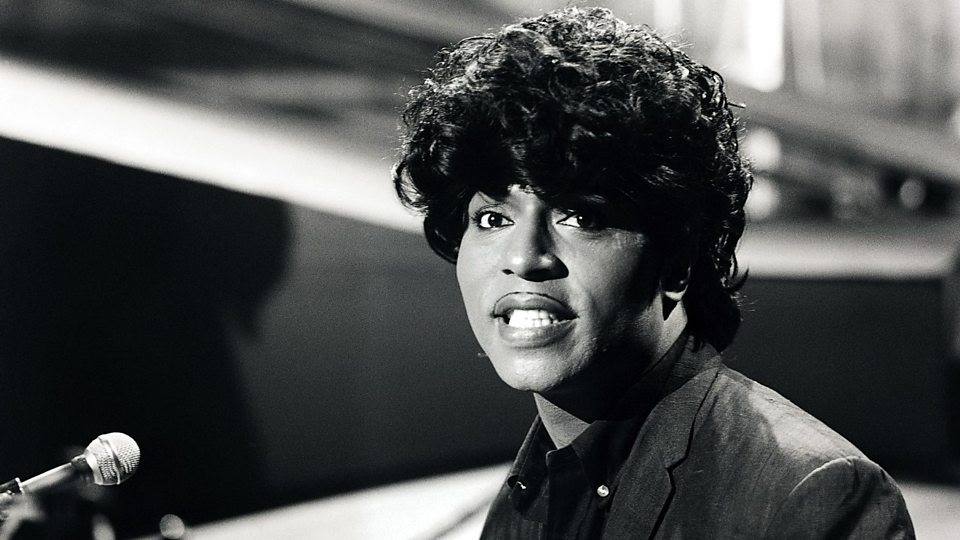In Memoriam: Little Richard (1932-2020)

Image via Little Richard’s Facebook page.
Little Richard, one of the pioneers of early rock and roll, passed away Saturday morning (May 9). He was 87 years old.
According to The New York Times, Little Richard’s death was was confirmed by his son, Danny Jones Penniman, who cited cancer as the cause.
Little Richard’s influence on the burgeoning genre of rock and roll is vast. His manic, inspired piano playing integrated elements of gospel and blues, and his raspy, soulful singing voice became his signature. Songs such as “Long Tall Sally” and “Tutti Frutti” became bonafide smash hits; the latter, when added to the National Recording Registry of the Library of Congress in 2010, was credited with “announc[ing] a new era in music,” with its “unique vocalizing over the irresistible beat.”
Richard earned the nickname “The Architect of Rock and Roll,” which he himself certainly agreed with. In a 2003 interview with SFGate.com, Little Richard commented on his status in rock and roll history in his typical exuberant fashion: “I created rock ‘n’ roll! I’m the innovator! I’m the emancipator! I’m the architect! I am the originator! I’m the one that started it!”
Born Richard Wayne Penniman in Macon, Ga., Little Richard was first exposed to music through going to Church. His first break came when Sister Rosetta Tharpe overheard him singing and invited to open a show of her’s. He would later sign with Specialty Records, and the first song he recorded with them (in September of 1955) was “Tutti Frutti.” Not known for his conservatism, it is no surprise that the original lyrics of “Tutti Frutti” were even more risqué; the label hired songwriter Dorothy LaBostrie to adjust some of the words to make it radio-appropriate for the time.
From the beginning of his career, Little Richard was not shy about announcing his presence or fitting in with cultural norms. He was a flamboyant and enthusiastic performer, and he often donned makeup. While his career stalled a bit in the 1960s and resulted in him quitting rock and roll for a time in the late 1970s, he nevertheless remained one of the most visible, recognizable and important stars of early rock and roll.
Little Richard’s power as a performer has been largely recognized by his peers. “There’s no single phrase to describe his hold on the audience. I couldn’t believe the power of Little Richard on stage. He was amazing,” said Mick Jagger in Charles White’s 1984 biography “The Life and Times of Little Richard.”
Regarding his death, guitarist Stevie Van Zandt said in a post: “RIP Little Richard. The man who invented Rock and Roll. Elvis popularized it. Chuck Berry was the storyteller. Richard was the archetype.” “The loss of a true giant,” lamented guitarist Nile Rodgers in a Twitter post. “I’m very sorry to hear about Little Richard,” wrote Brian Wilson. “He was there at the beginning and showed us all how to rock and roll. He was a such a great talent and will be missed. Little Richard’s music will last forever.”




















